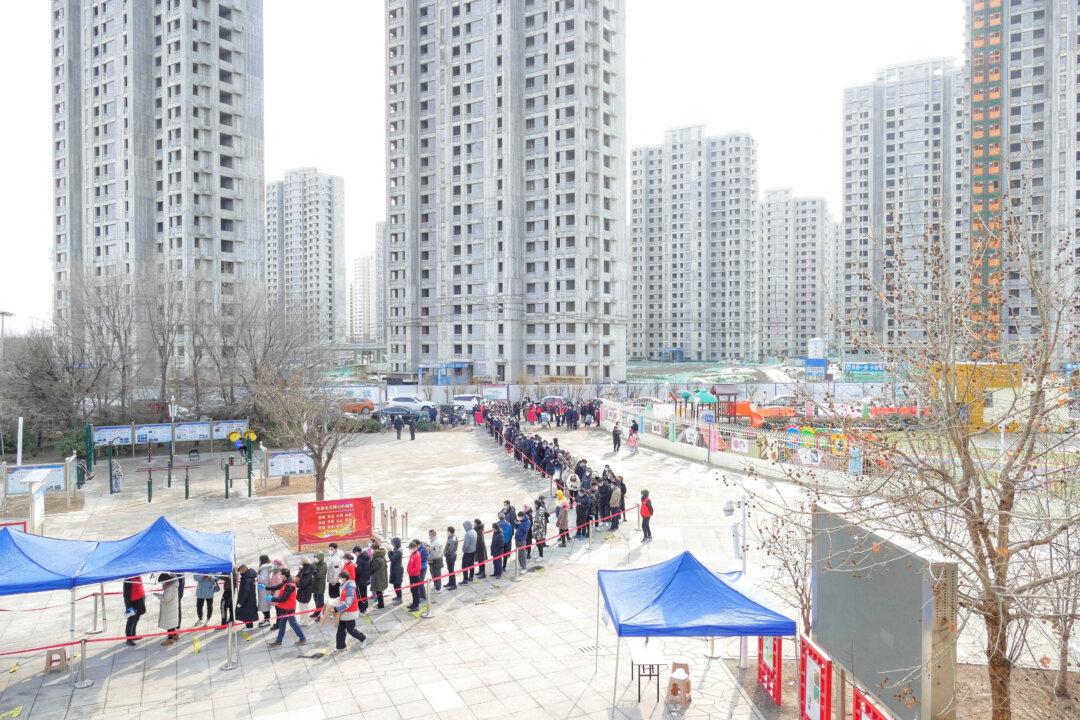A coronavirus outbreak in Beijing’s neighboring city of Tianjin comes just four weeks before the start of the Winter Olympics in the Chinese capital.
This means all 15 million Tianjin residents are barred from entering Beijing which is 100 kilometers away. Meanwhile, Beijing’s so-called “Closed Loop” or “Bubble” measures for the Winter Olympics are now in full swing. The Olympics begin Feb. 4.




